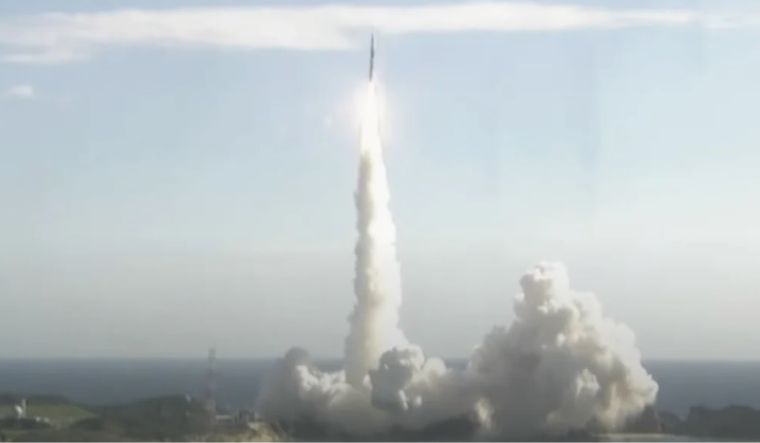The Japan Aerospace Exploration Agency (JAXA) successfully launched the H-IIA rocket carrying its moon lander from the Tanegashima Space Center in southern Japan on Thursday, following three delays caused by weather conditions. This comes just over two weeks after Chandrayaan-3 successfully soft-landed on lunar south pole.
Successful landing of the Smart Lander for Investigating Moon (SLIM), which is nicknamed 'moon sniper', will make Japan the fifth country to achieve the feat after the US, Russia, China and India.
After the launch, ISRO posted on the X platform, “Congratulations @JAXA_en on the successful launch of the SLIM lander to the moon. Best wishes for another successful lunar endeavour by the global space community.”
JAXA is hoping to land SLIM within 100 metre from the target spot. “By creating the SLIM lander, humans will make a qualitative shift towards being able to land where we want and not just where it is easy to land,” Japanese space agency JAXA said before the launch. “By achieving this, it will become possible to land on planets even more resource-scarce than the Moon.”
“There are no previous instances of pinpoint landing on celestial bodies with significant gravity such as the Moon," JAXA said.
The rocket also carried a research satellite, X-ray Imaging and Spectroscopy Mission aka XRISM (pronounced 'crism'), that was developed jointly by JAXA, NASA and the European Space Agency. NASA stated that the satellite will study the universe’s hottest regions and celestial bodies with the strongest gravity by detecting X-rays that have energies ranging between 400 and 12,000 electron volts.
In April, another lander developed by ispace, a Japanese startup, crashed while attempting to land on moon.


